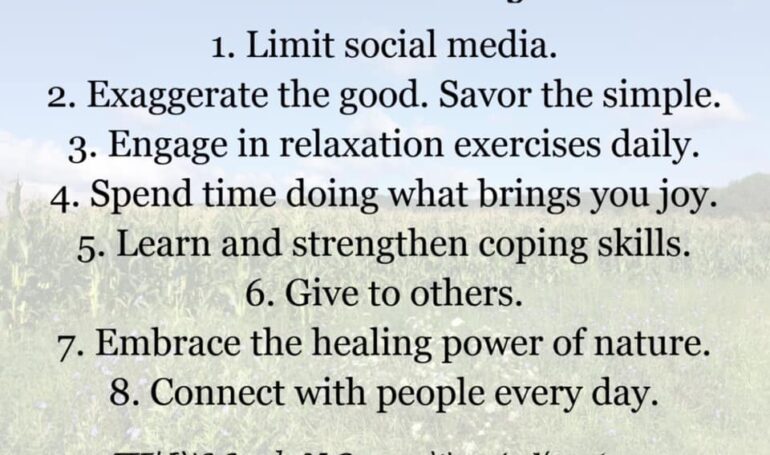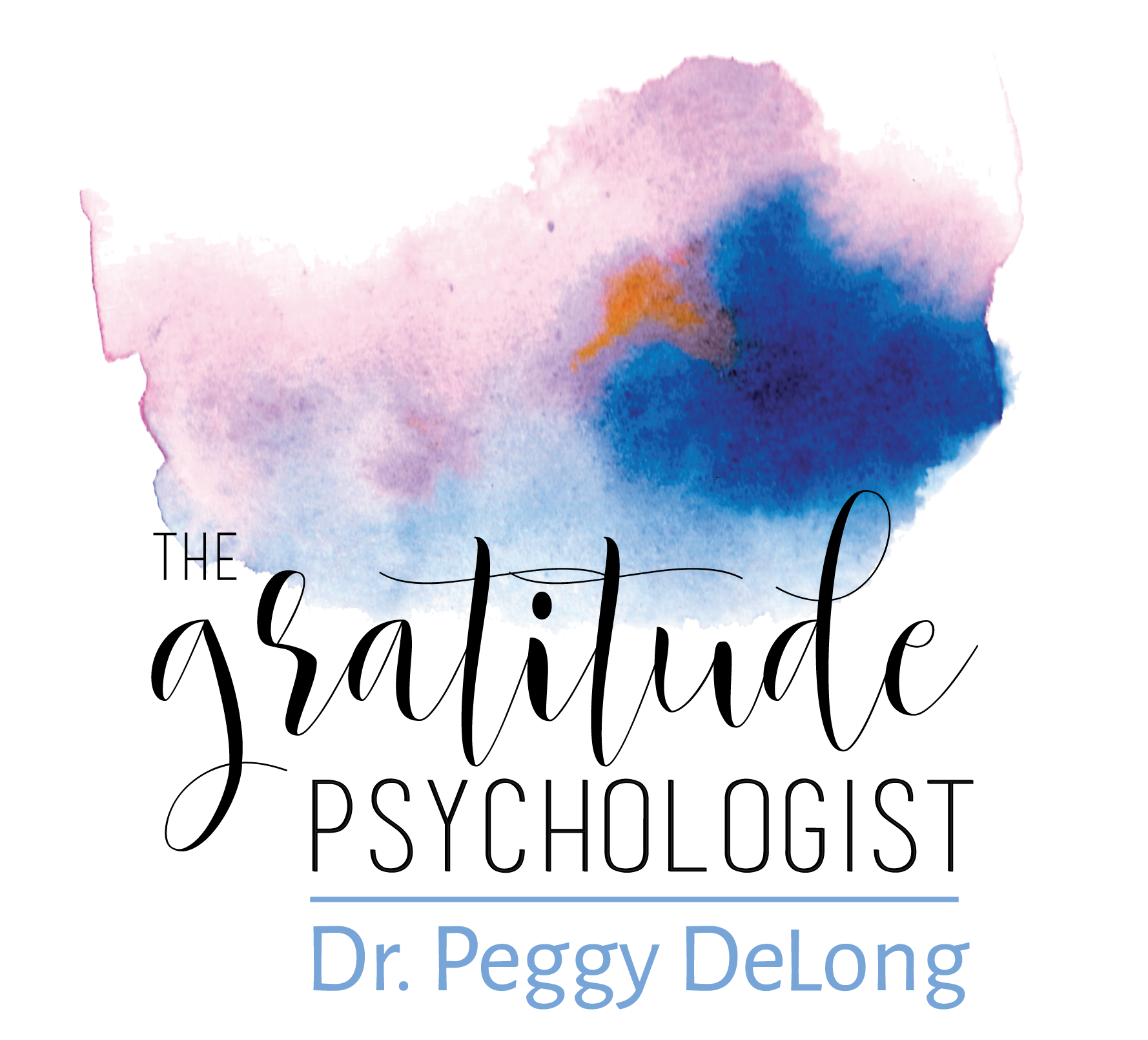
Help and Hope for the Older Teen/Young Adult: 8 Ways to Help During the Pandemic (or any difficulty)!
Help and Hope for the Older Teen/Young Adult:
8 Ways to Help During the Pandemic (or any difficulty)!
Are you worried about the older teen/young adult in your life? You’re not alone. And you are also paying attention to your parental intuition.
There’s reason to be concerned.
While the pandemic has been hard on all age groups, it is the young adults who are experiencing more depression and anxiety than other age groups.
- 75% of young adults reported that their mental health had worsened during the pandemic.
- 87% reported experiencing stress or anxiety
- 78% reported experiencing disappointment or sadness
- 78% reported feeling lonely or isolated
It is noteworthy that these levels increased compared to the beginning of the pandemic. Things are getting harder, not easier. You might be feeling that too.
Here are some reasons why older teens and young adults are hurting. I’m mentioning these because it’s helpful to have an understanding of what is going on before trying to address it,
- They do not have as much life experience as older adults to have gained coping skills.
- Their daily routines are highly affected – more than other age groups.
- They are more social in the sense that they have wider social networks, and these networks have been severely impacted, if not shut down completely. Older adults have a smaller, more select network that they continue to have contact with, albeit now in different ways.
- They are at a time of looking toward their future, and that future is not what they ever imagined that they would be dealing with.
- Many milestones and rites of passage that they had looked forward to are affected or canceled (graduations, proms, college move-in day, internships canceled, not moving out of the family home into that first apartment as anticipated) – holy smokes! My heart hurts just typing this!
- Their developmentally appropriate tasks are thwarted – learning new skills, gaining knowledge, succeeding and moving upward in a job or career, meeting or strengthening a romantic relationship.
Here’s the good news!!
There’s research-backed ideas that can help. Simple ideas that when done on a regular basis truly do make a difference for well-being. Share these with the older teen/young adult you love. Talk about them. Forward this message. Make a plan to make changes together – these ideas are helpful for parents too!
- Limit social media. It’s not their fault that it’s addictive. It’s their (and our) brains that crave that dopamine hit. Studies demonstrated that the more time people spent on social media, the more fearful they were. Time spent passively scrolling on social media has been shown to increase symptoms of depression and anxiety. I know, I know – they’re so entertained by Tiktok videos. Heck, I am too. The ones my kids share with my are hilarious, and some even quite educational. But mindlessly scrolling really takes a toll on mental health.
- My clients are familiar with my saying, “Exaggerate the good.” We can purposefully and deliberately savor the simple, and exaggerate the beauty and wonder of small things. Choose to make a big deal out of small moments of joy, beautiful sights, the feeling of connecting with others. We have the power within our minds to do so. A great way to have an impact is so simply be a model. Say out loud what you’re thinking. I’ve pointed out beautiful sunsets so often to my sonthat now he points them out to me. It’s “just” a sunset. It might start out as “exaggeration”, and then it develops into true, deep appreciation for the simplest of things. The beauty of nature. The power of awe.
- Spend some time every day in a relaxation exercise. This helps combat the anxiety that comes with uncertainty, and young adults are having the most difficult time with the uncertainty. This also helps to relax the sympathetic nervous system, which is in a heightened level of stress due to the ongoing and pervasive perception of threat. And there are so many possible sources of potential threat for the older teen/young adult – covid, mass shootings, public shaming on social media…
- Spend time every day doing something that brings joy. This may need to involve discovering new and different things, due to restrictions. They may benefit from picking up an old hobby from childhood, learning a new skill, or finding a new way to exercise. Encourage them to resist the temptation to go on the phone/device and instead do something else that has long-lasting benefits for mental health. Some research-backed ideas include reading, being creative, exercising, and listening to music to name a few.
- Embrace this as an opportunity to learn or strengthen coping skills. Practice using your mind to see things differently. How can you look at a situation from different perspective? Are there any silver linings? What can you learn? How can you find meaning? This is not to dismiss the feeling that being in this pandemic totally sucks. Acknowledge that, FEEL that. Then use your mind to find one simple “silver lining” that you can bring forward.
- Giving to others is one way to improve mental health during this time. It serves many purposes. It serves as a temporary distraction from your own problems. It makes you feel connected to another person and your community. You are helping another person during what is the most difficult time in many people’s lives. This need not be elaborate, time-consuming, or expensive. It simply needs to be meaningful.
- Connect with nature. Spend some time outside to experience awe in nature. The “awe factor” in nature helps to suspend negative thinking and ease negative mood. I especially love this because you do not need to do a thing! Just BE in nature, and nature does the rest! Sit on a rock by a stream or river, sit or stand on pine needles in a forest, listen to ocean waves and feel the breeze. If you’re in an urban area, even touching the bark of a tree while standing on the sidewalk has benefits.
- Connect with people every day. Make a point to reach out to two people every day. This need not be elaborate. Send a text to the person at the bottom of your text messages. As texts are in chronological order, this is the person who you have not had contact with in the longest time. Just say “Hi! I’m thinking about you” and see where the conversation goes! Then a few times a week, find creative ways to socialize in-person and have meaningful connections and conversations.

Leave a Reply